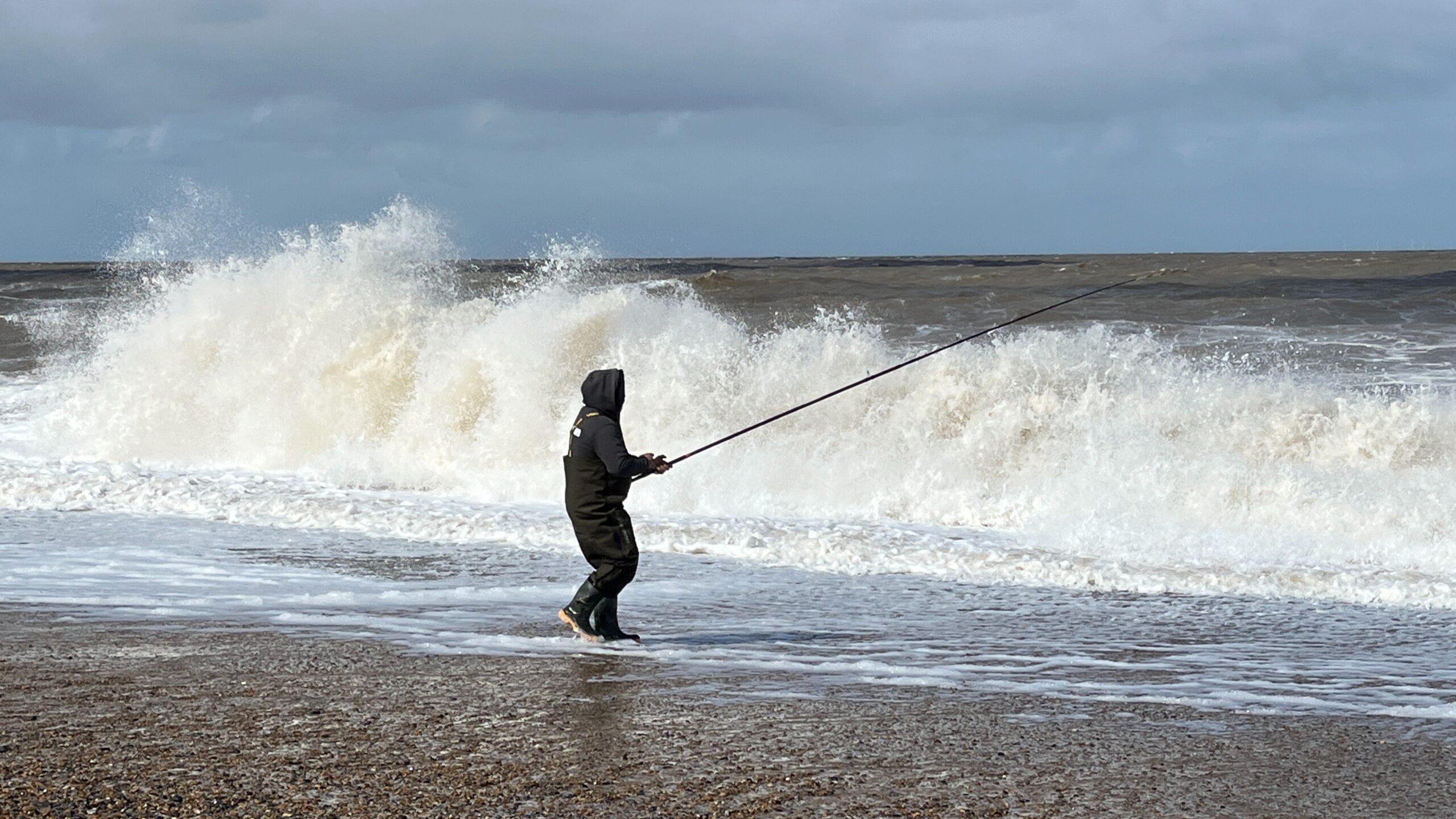
Marine
Latest Sea Angling Diary Report Highlights Importance of Sea Angling to UK Fisheries
New data released by the Centre for Environment, fisheries & Aquaculture Science (Cefas) and Substance today reinforces the important role of recreational sea angling across the country. The report includes data on the numbers of sea anglers, participation rates, and catches across the UK from 2016 to 2021, alongside an assessment of the impact of COVID-19 on UK sea angling. You can read the full report here: Sea angling in the UK report 2016 to 2021 – GOV.UK (www.gov.uk)
Over 5,000 volunteer sea anglers provided data on over 48,000 fishing sessions and 362,000 catch records from 216,000 hours of angling activity from 2016 to 2021 via the Sea Angling Diary. Participants have also contributed to further research to be published elsewhere on the economic benefits and health and well-being benefits derived from sea angling.
For the first time, all data gathered via the Sea Angling Diary (2016 to 2021) is publicly available online via UKSAIL. Recreational sea anglers can now see the data used to inform decision-making that impacts and represents the sector. The Angling Trust believes this is a positive step toward building trust and transparency between stakeholders.
The findings showed that:
- Between 568,000 to 753,000 of UK adults had been sea angling in each year, fishing for a total of around 5.1 to 6.8 million days each year.
- Around 100 species were caught resulting in estimates of catches of around 7 million fish retained and 28 million fish released each year.
- Around 80% of fish were released demonstrating that conservation is important to sea anglers.
- Catch composition was similar between years with mackerel, whiting, lesser spotted dogfish, and sea bass the most caught fish.
The Angling Trust recognises the importance of gathering the best available data on recreational angling to give the sector a voice and ensure any policy or management decisions are informed and proportionate. With recreational sea angling now a recognised stakeholder in UK fisheries management under the Fisheries Act (2020), it has never been more important for data to be available to support the sector as government agencies require it to make decisions impacting the sport.
The Angling Trust has previously used Sea Angling Diary data to support its campaigning work by highlighting the significant value of undulate rays to recreational angling and to highlight species of recreational importance through Fisheries Management Plans. Using early access to the UKSAIL platform, the Angling Trust demonstrated the historic negative impact prior commercial quota increases had on undulate ray recreational catches. Undulate ray are a recreationally important catch-and-release species. We believe this was one of the first times that recreationally captured data had been used to prevent commercial quota increases in favour of the recreational benefits derived from the fishery.
The Angling Trust recognises the limitations of the data gathered through the Sea Angling Diary and always encourages that the data is used in policy decision-making with the appropriate caveats. In order to increase the representativeness and reliability of the data, the Angling Trust encourages recreational sea anglers to participate in the diary so that the data used to represent the sport in policy and management decision-making is the best that it can be. The Angling Trust has partnered with Cefas and Substance on a Fisheries Industry Science Partnership—Catchwise—that, over the last year, has delivered an onsite survey across England and Wales to ground-truth the Sea Angling Diary data.
The study was led by Centre for Environment, fisheries & Aquaculture Science (Cefas) in collaboration with the research and technology company Substance It was funded by Department for the Environment, Food & Rural Affairs (Defra), Welsh Government, Scottish Government, and Agri-food and Biosciences Institute of Northern Ireland (afbi).
The project was supported by many parts of the sea angling community including the Angling Trust, Bass Anglers’ Sportfishing Society, Scottish Federation of Sea Anglers, Angling Cymru, Sport NI, Irish Federation of Sea Anglers, the National Mullet Club, Angling Trades Association, Association of IFCAs, and BritishSeaFishing.co.uk. Support has been provided by Fishing Megastore and Sea Angler Magazine.
You might also like
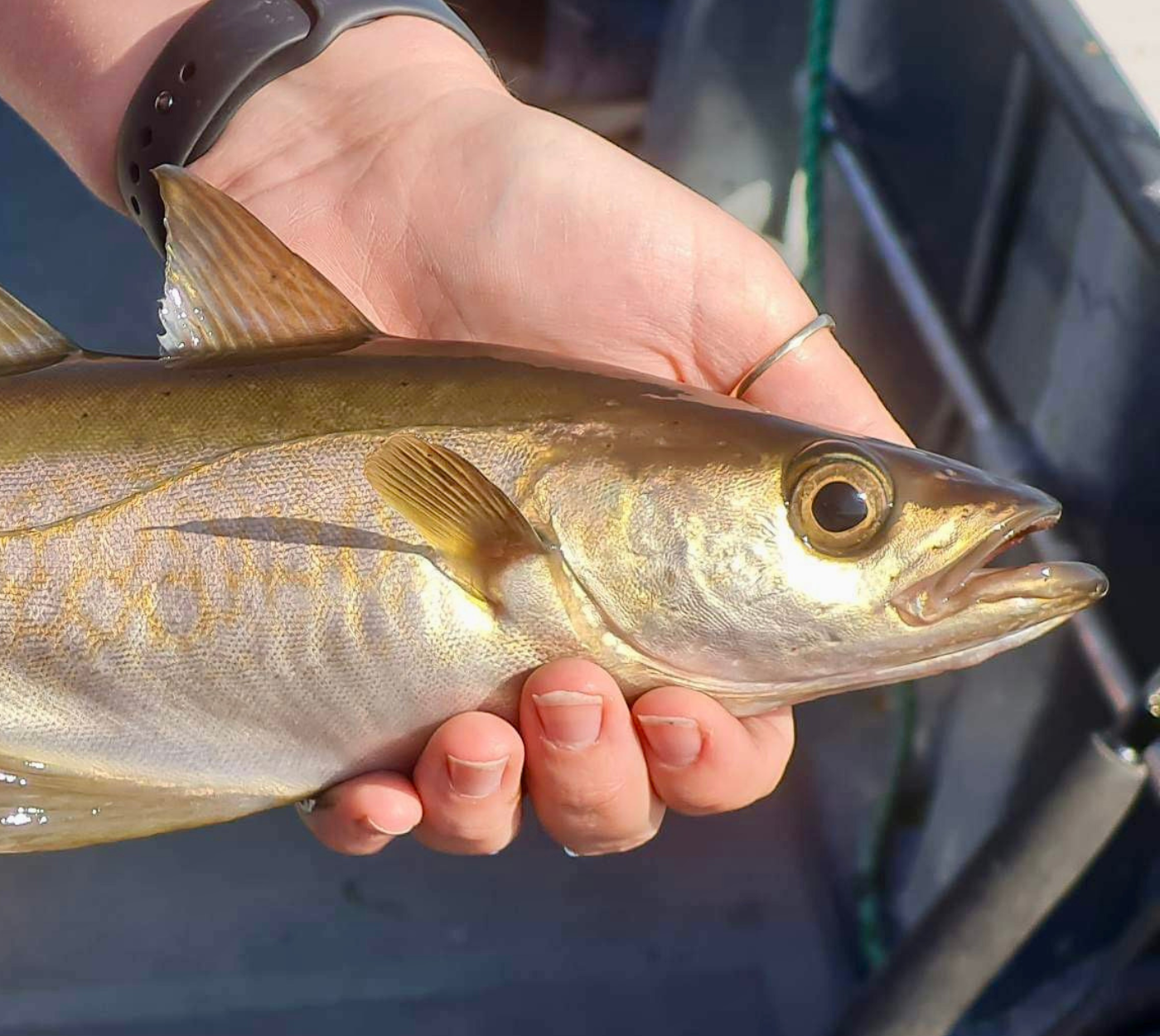
Minister’s Visit Highlights Collaborative Action on Pollack Conservation

Angling Trust calls for radical reforms to end sewage…
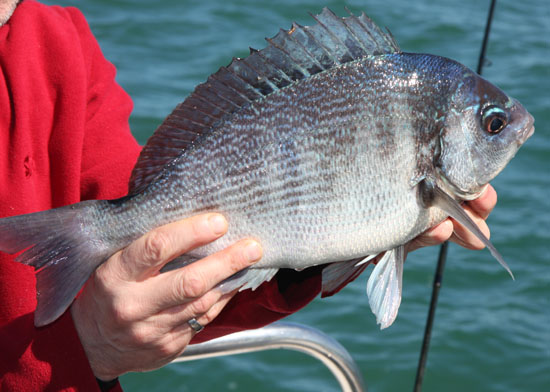
Have Your Say: Shape the Future of Black Bream…
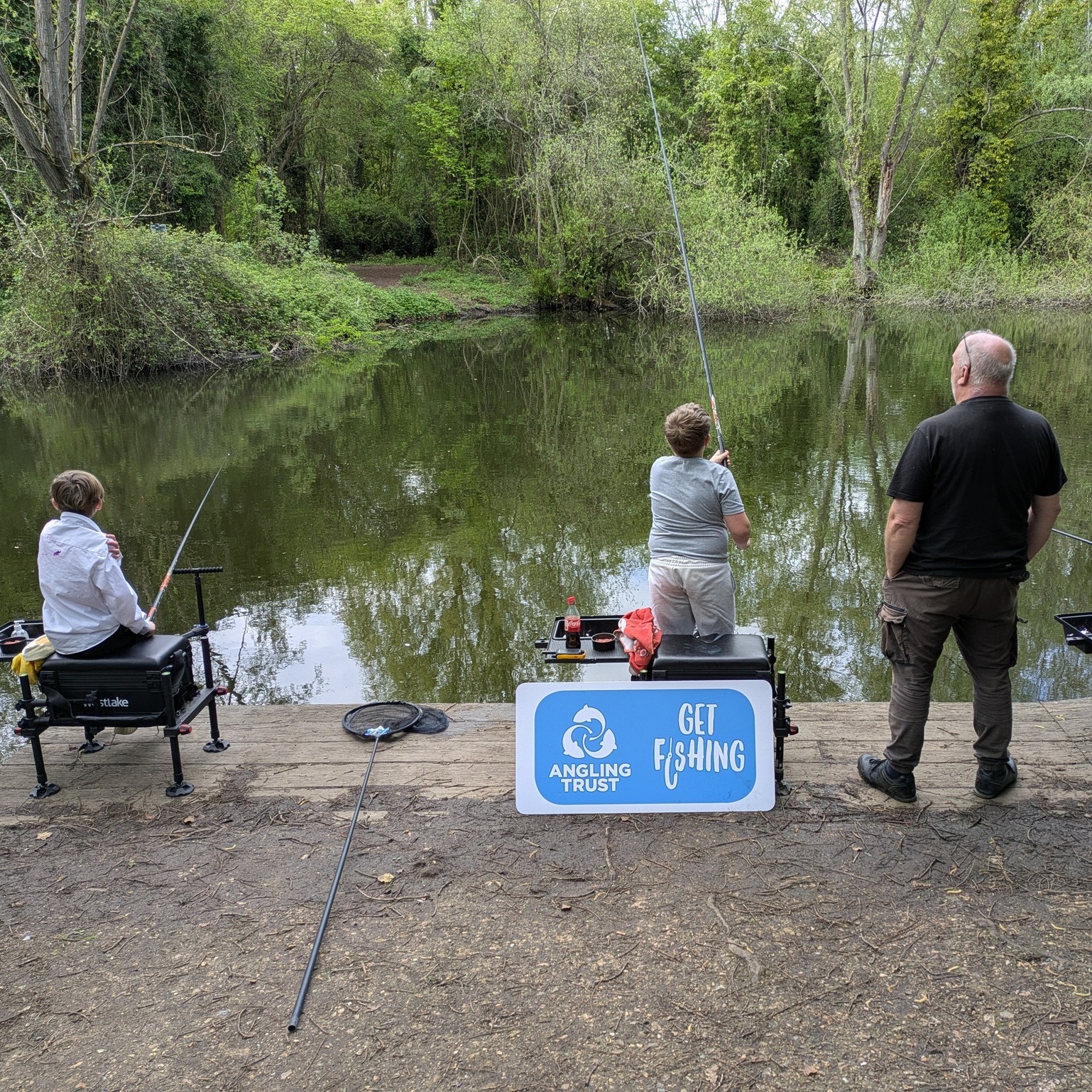
NEW BLOG: Get Fishing Award event for North Cambridge…

Angling Improvement Fund Opens for Nets, Mats & Slings

Mental Health Awareness Week is a time for angling…
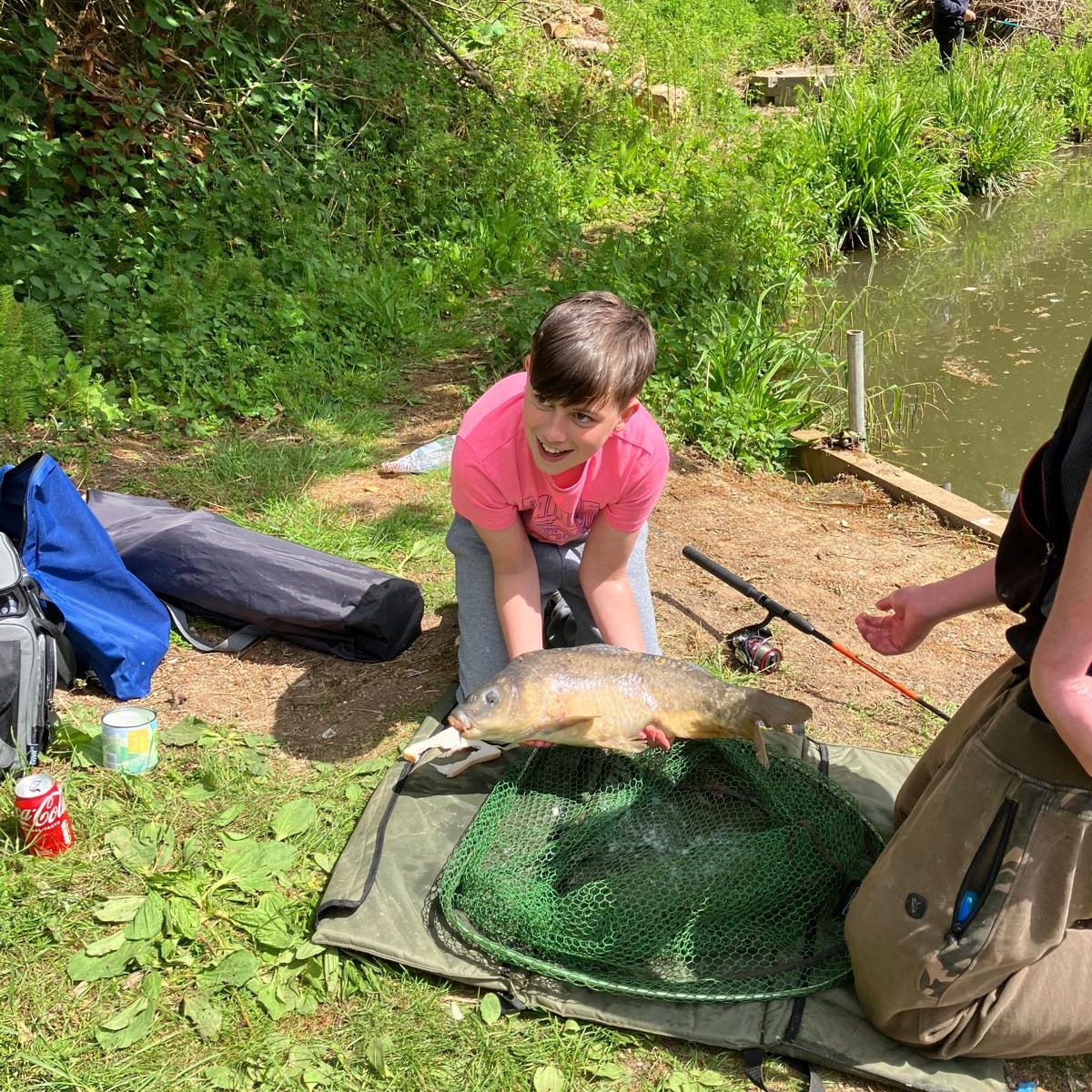
Want to learn how to fish? Get Fishing Awards…

Tuffers bowled over by the benefits of angling and…
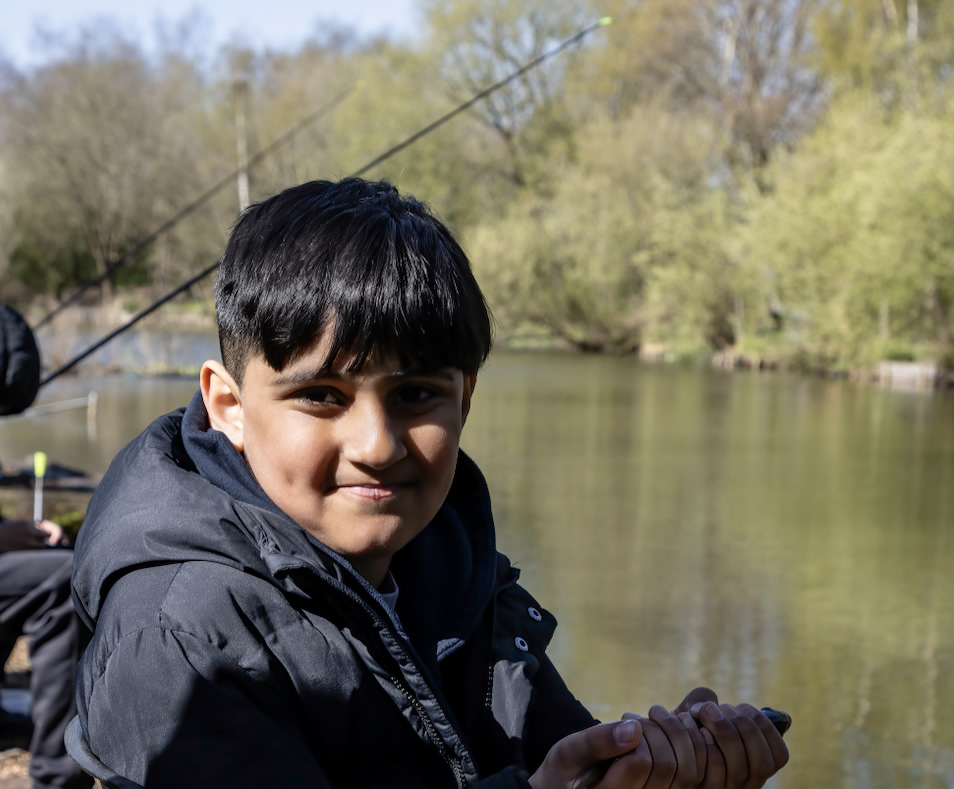
Young nature warriors reel in success with Get Fishing…
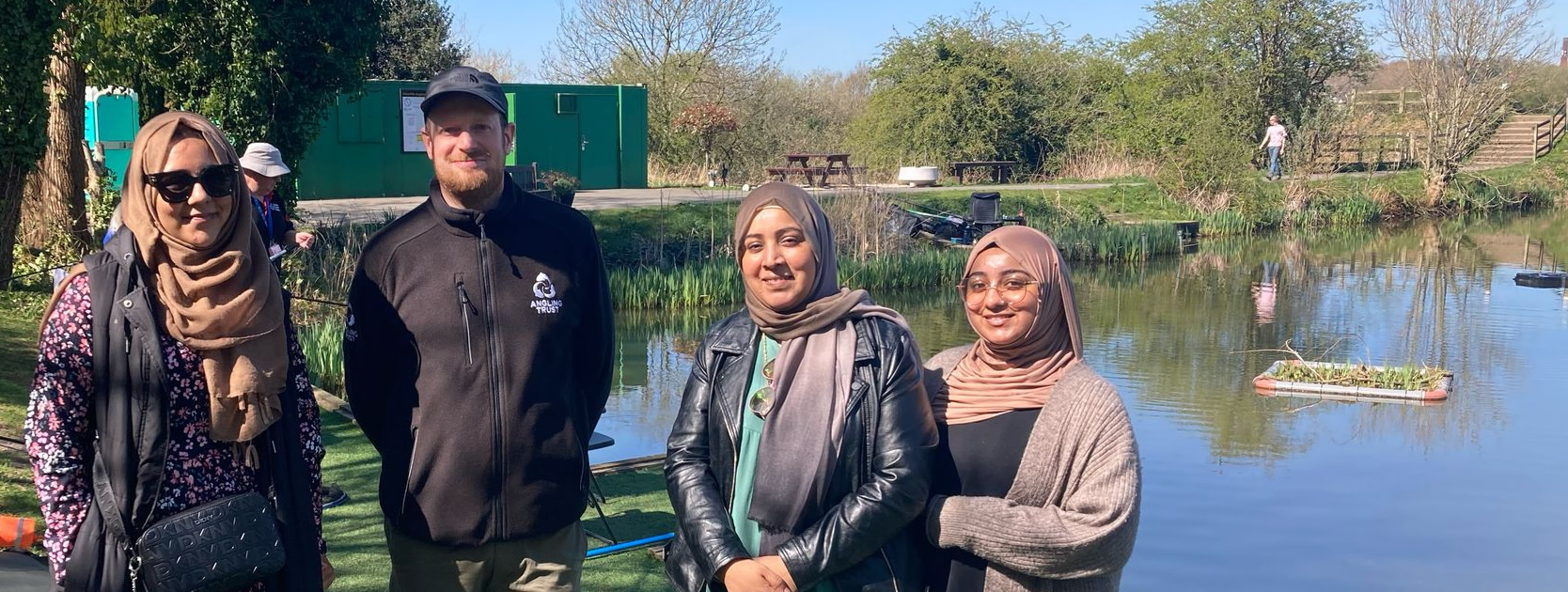
Bury women’s community group gives fishing a go

NEW BLOG: Get Fishing Awards get people into fishing…
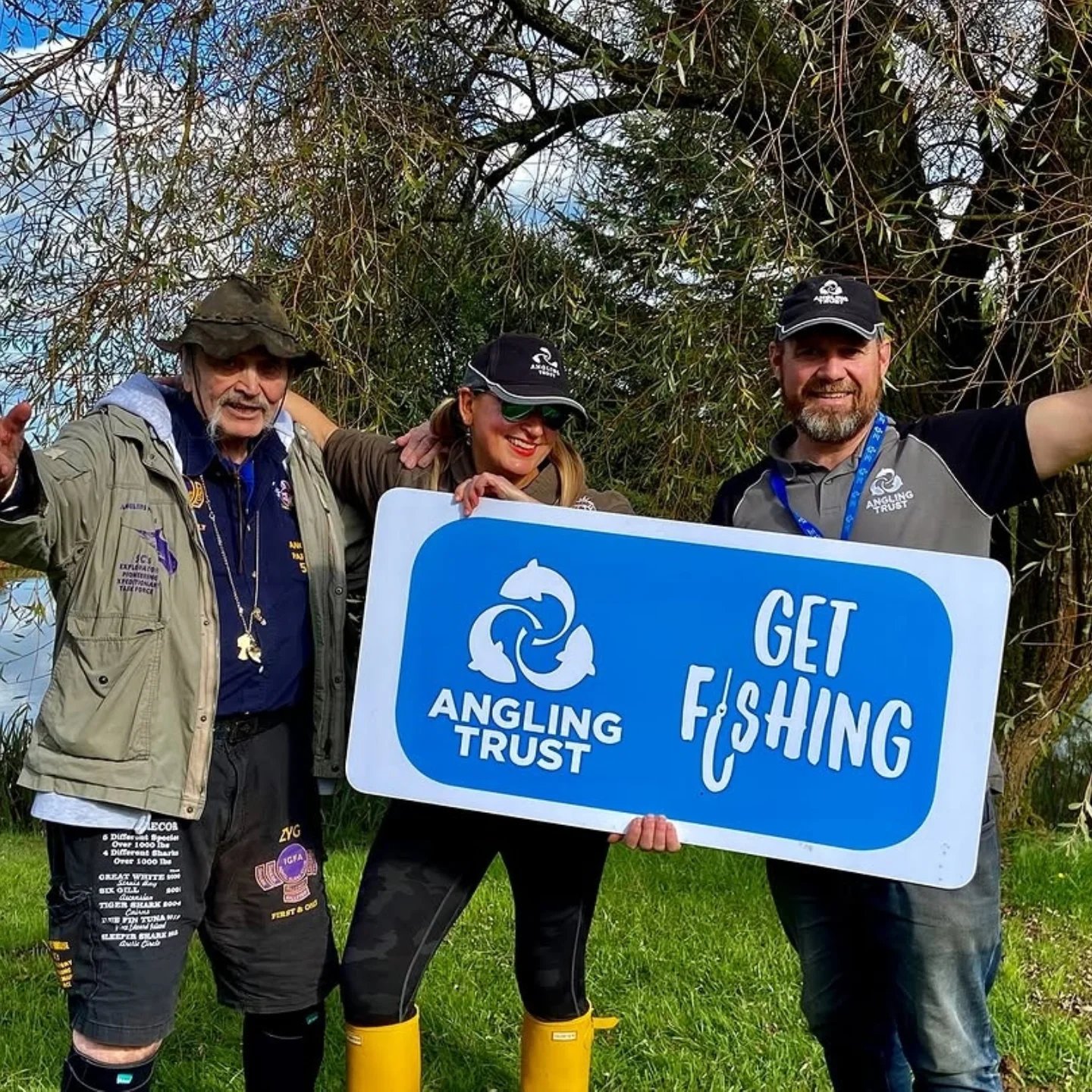
A brilliant Angling Trust Get Fishing Gathering event at…

Minister’s Visit Highlights Collaborative Action on Pollack Conservation

Angling Trust calls for radical reforms to end sewage…

Have Your Say: Shape the Future of Black Bream…

NEW BLOG: Get Fishing Award event for North Cambridge…

Angling Improvement Fund Opens for Nets, Mats & Slings

Mental Health Awareness Week is a time for angling…

Want to learn how to fish? Get Fishing Awards…

Tuffers bowled over by the benefits of angling and…

Young nature warriors reel in success with Get Fishing…

Bury women’s community group gives fishing a go

NEW BLOG: Get Fishing Awards get people into fishing…

A brilliant Angling Trust Get Fishing Gathering event at…

Minister’s Visit Highlights Collaborative Action on Pollack Conservation

Angling Trust calls for radical reforms to end sewage…

Have Your Say: Shape the Future of Black Bream…

NEW BLOG: Get Fishing Award event for North Cambridge…

Angling Improvement Fund Opens for Nets, Mats & Slings

Mental Health Awareness Week is a time for angling…

Want to learn how to fish? Get Fishing Awards…

Tuffers bowled over by the benefits of angling and…

Young nature warriors reel in success with Get Fishing…

Bury women’s community group gives fishing a go

NEW BLOG: Get Fishing Awards get people into fishing…









